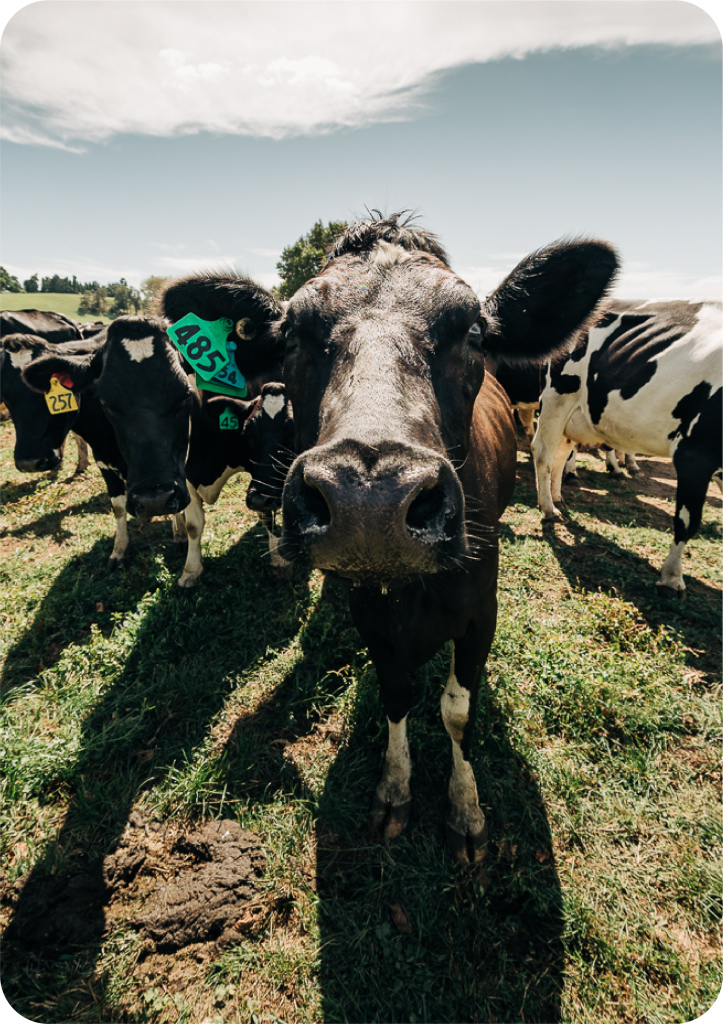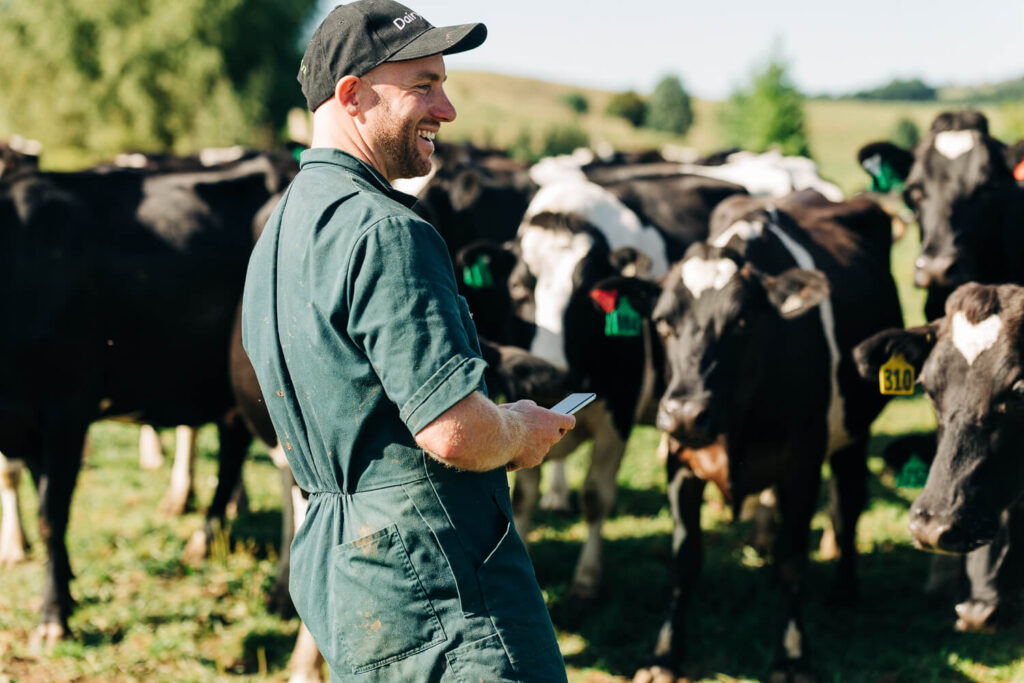Go Agri-Science
A career in agri-science will see you providing creative solutions for the agri-sector in areas such as genetics, sustainability, and animal welfare, farm systems and professional services to farmers.
“We as a sector, need to be using best practice procedures to ensure that we can be sustainable for future generations.”
Matt Dawson, Horsham Downs, Hamilton

Your pathway to agri-science
Secondary school
If you’re looking for a career in agri-science but you’re still in secondary school, recommended subjects you may wish to take include English, Biology, Chemistry, Statistics and Modelling; Science, Maths with Calculus, Economics / Accounting, Geography.
Tertiary study
For a career in science but not working as a scientist, you will need an undergraduate degree (Bachelor’s Degree) which generally takes three years’ university study.
To become a scientist, you’ll need a postgraduate qualification (Master’s or Doctorate) which takes four or more years’ university study. For research-based positions, a postgraduate qualification (Master’s or PhD) is required.
Many tertiary institutions offer agri-science related certificates, diplomas, and degrees. Find out more about the courses, campuses, locations and student lifestyle:
Find a place to study Career story
Agri-science team members, Shobhana and Konagh talk about the determination, curiosity and passion that drives them with their work on a DairyNZ research farm.

TESTIMONIALS
Agricultural Roles
By studying microscopic life forms, you will develop products and procedures to benefit both people and the environment.
Your future could be in designing technology to ensure New Zealand’s agricultural practices and processes continue to be world-leading.
Analysing animal behaviour, you will work in areas such as conservation, pest control, evolutionary biology, population ecology as well as the efficient and humane management of farm animals.
Analyse the genetic makeup of animals in order to discover which genes optimise important traits such as milk production, immunity, and longevity.
Formulate animal diets or make recommendations based on an animal’s condition and type of physical activity. This career can lead research and nutrition teaching positions.
Specialise in producing and improving food crops through experiments and by developing production methods.
Work to understand the impact of land use on the environment and use science to develop solutions to reduce greenhouse gas emissions and contaminant losses to waterways.
Work for DairyNZ helping farmers make informed decisions and facilitating research and development between farmers and DairyNZ.
You will use computer models to simulate the interactions between cows, grass, crops, and farm management to study data related to pollution, resources, ecosystems, and the climate.
Studying the structures and functions of cells at a molecular level, you could find yourself engineering new crops or studying the impact of drugs on safe gene growth.
Research and implement ways to improve or create new varieties of plants or crops. In the dairy sector, you will work towards selecting the best pasture cultivars using biotechnology.
